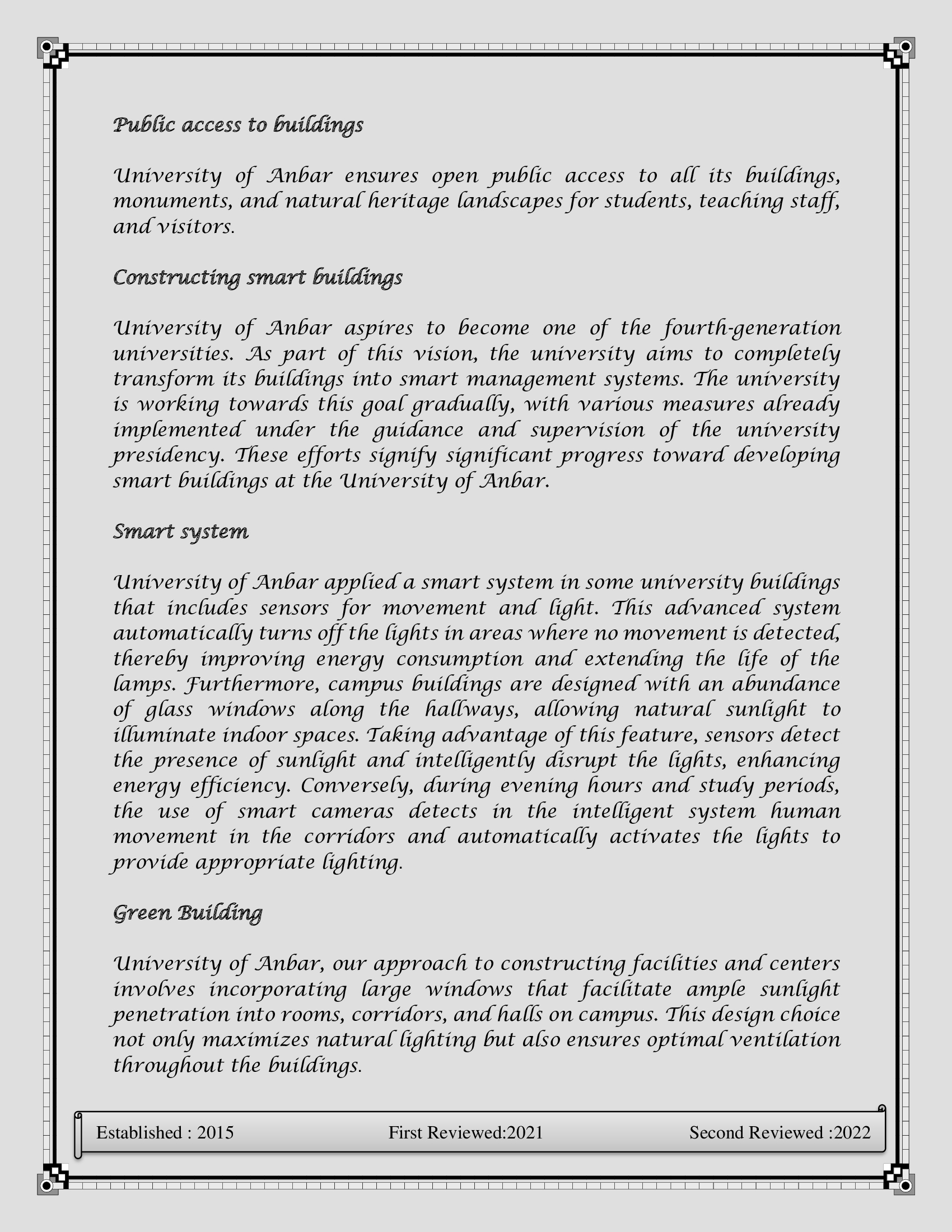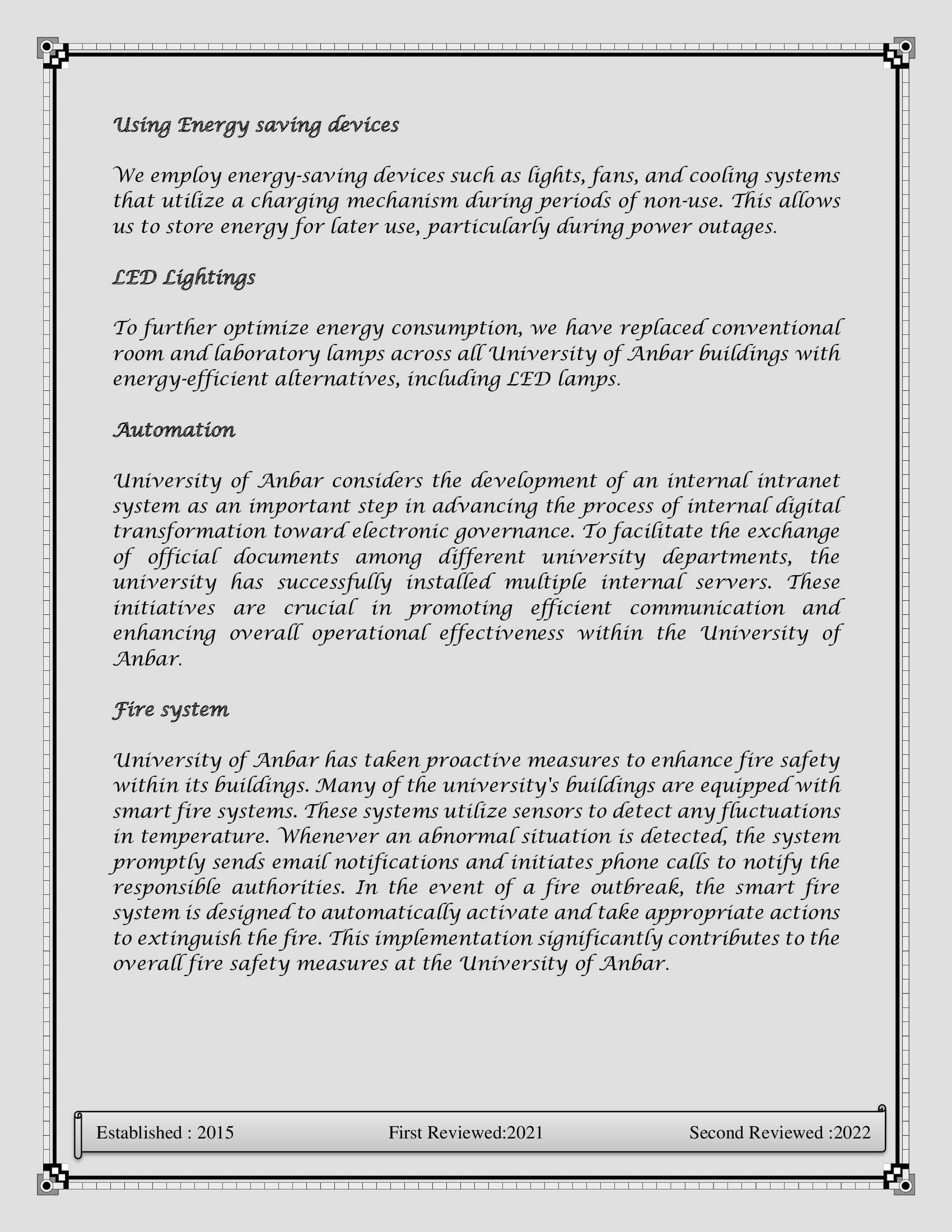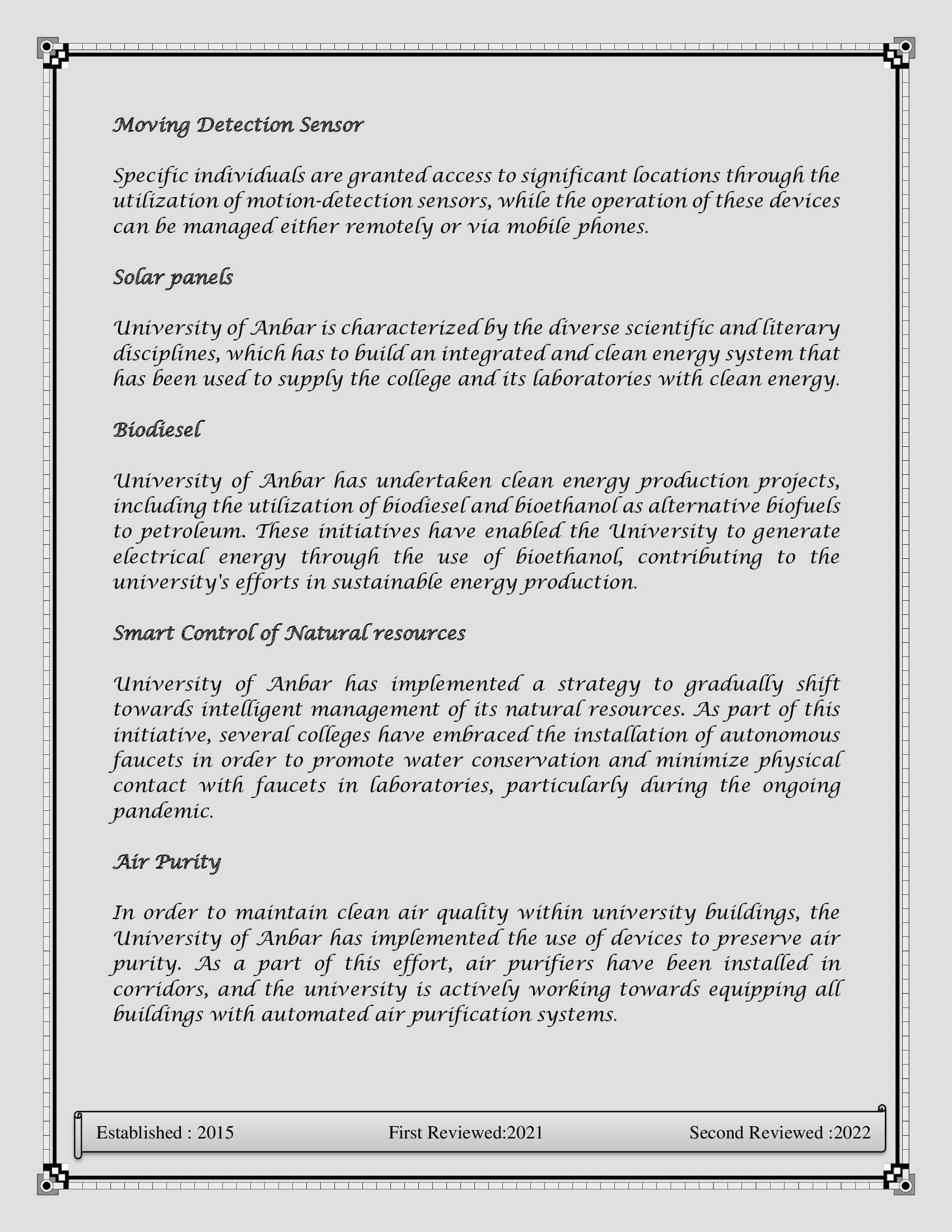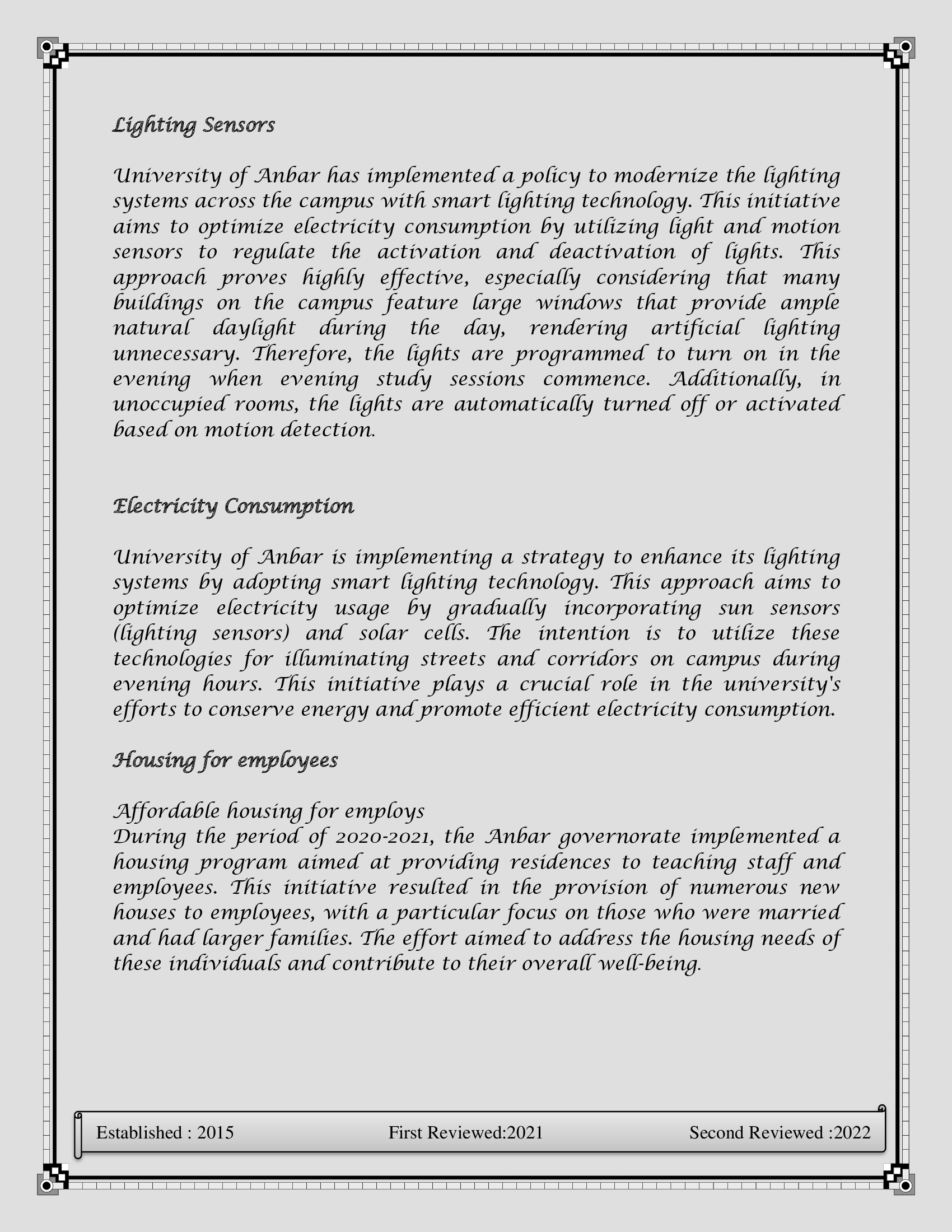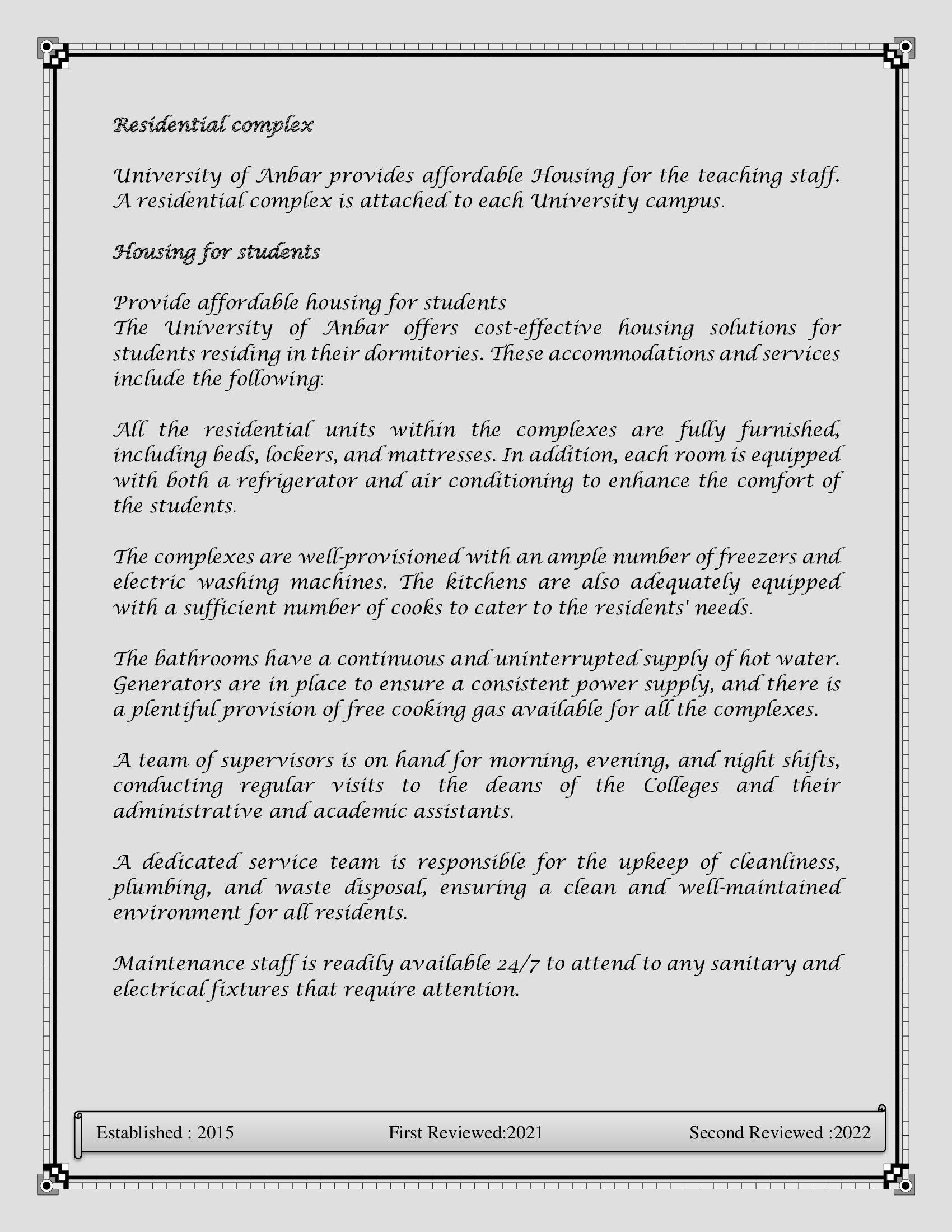Home Page
Depatment News
Depatment Activities
Reports
Disabled Support Unit
Policy of Reducing Inequality and Discrimination
Policy of Supporting Individuals with Disabilities
Policy of Investment
Policy of procurement and purchasing
Activities and community service
Students and SDGs
SDGs Training
Sulitest tools
Accessibility
policies
YouTube SDGs
Events
Scholarly Publications
Programs
Net-zero
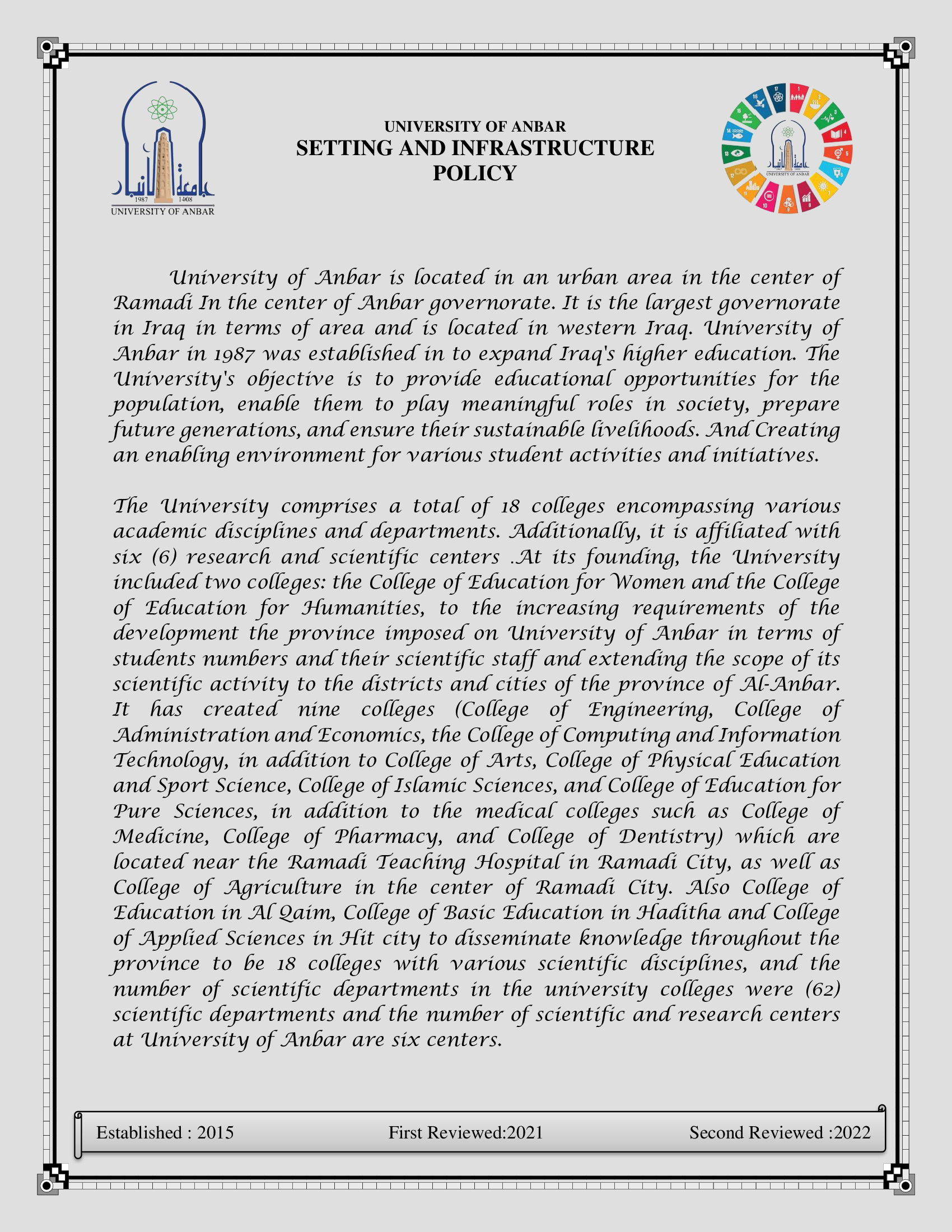
.jpg)
